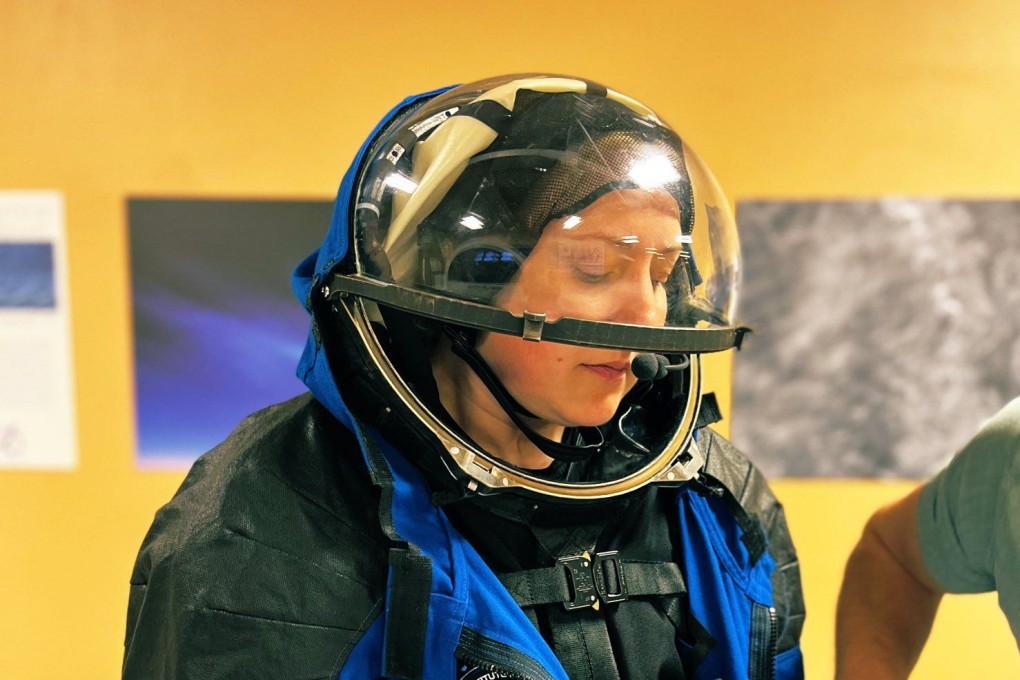Canadian cancer scientist hoping for role on China’s Tiangong Space Station
- Medical researcher Tricia Larose posted on Twitter that she would ‘happily’ take part in a mission following the launch of the Wentian laboratory module
- Three years ago her cancer research project was selected as one of the experiments to be carried out in space

Three years ago the Chinese space agency selected “tumours in space”, a project by Tricia Larose, a medical researcher based at the University of Oslo in Norway, as one of nine to be carried out on board the vessel.
Her project aims to investigate if tumours will slow or stop growing in weightless conditions and how cosmic radiation affects the DNA of healthy organoids, a type of 3-D tissue culture derived from stem cells.
It was selected by the United Nations Office for Outer Space Affairs and the China Manned Space Agency from 42 applicants from 27 countries.
Last Saturday: Larose posted on Twitter: “#tumorsinspace 2026 is just around the corner!”, adding: “Certainly #tumorinspace has been selected to fly. I would happily accept the position of payload specialist.”
She has previously tweeted about undergoing commercial zero-gravity training in case she is selected for a space mission.